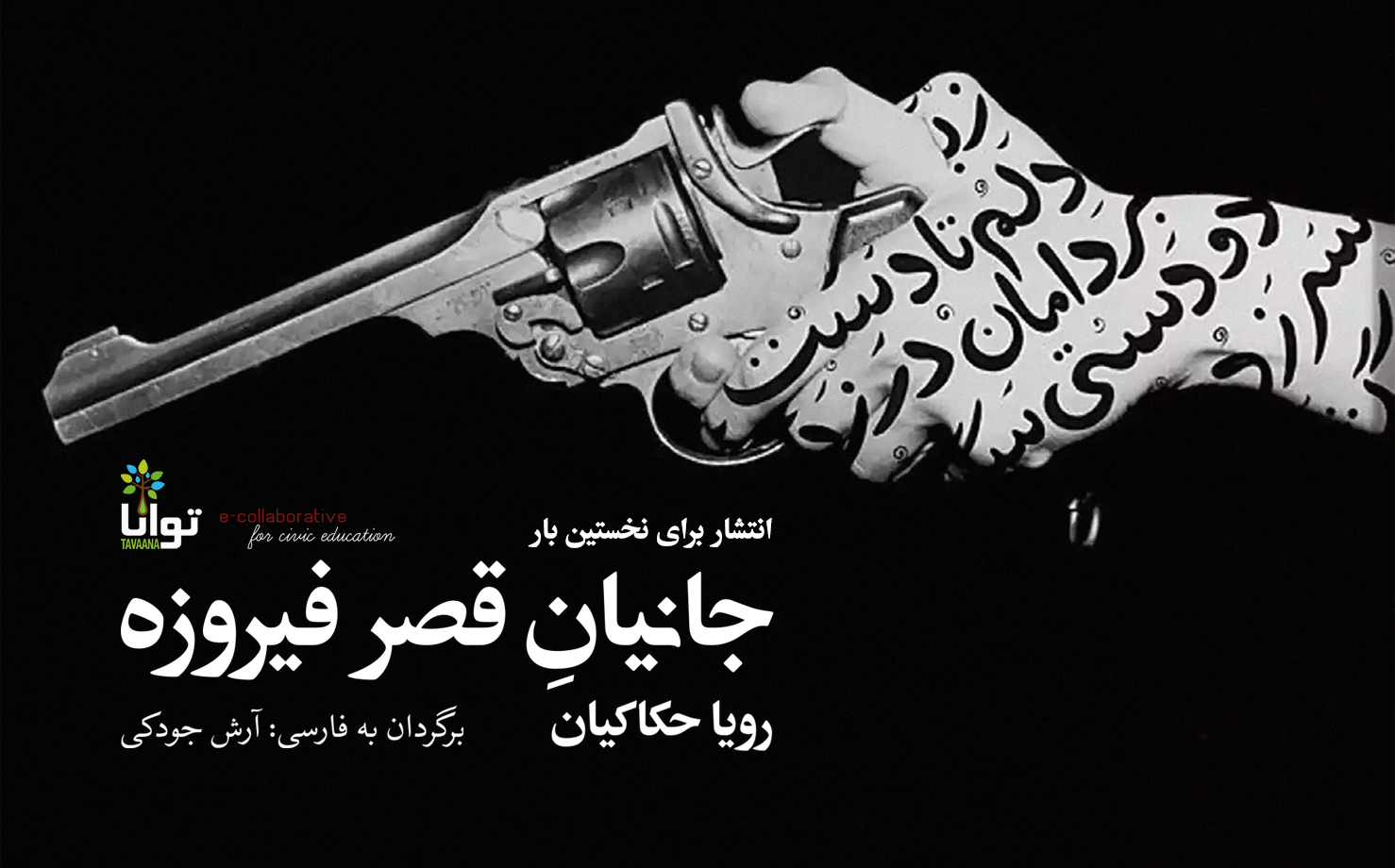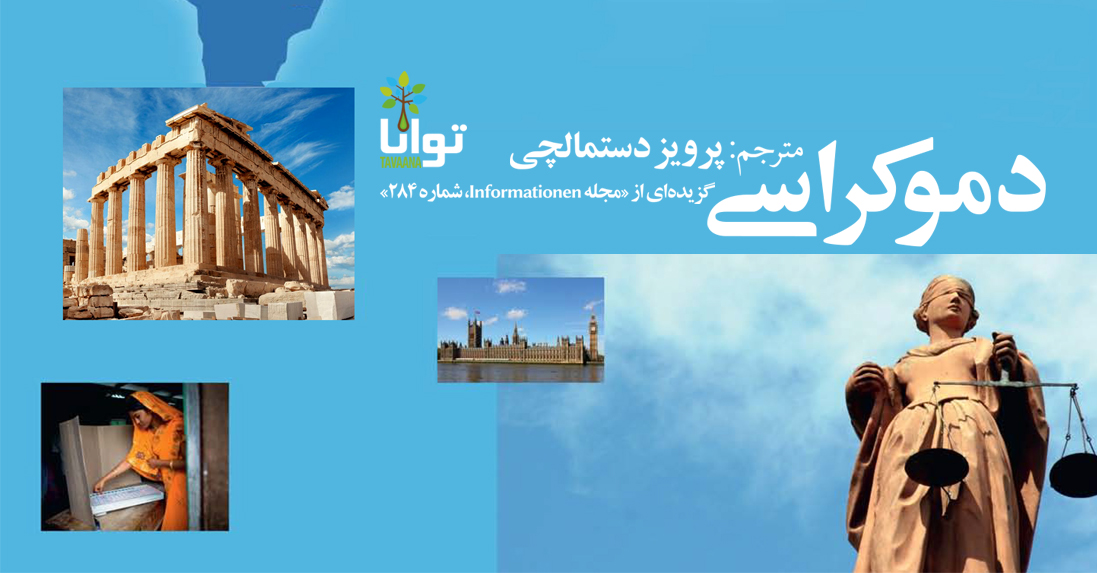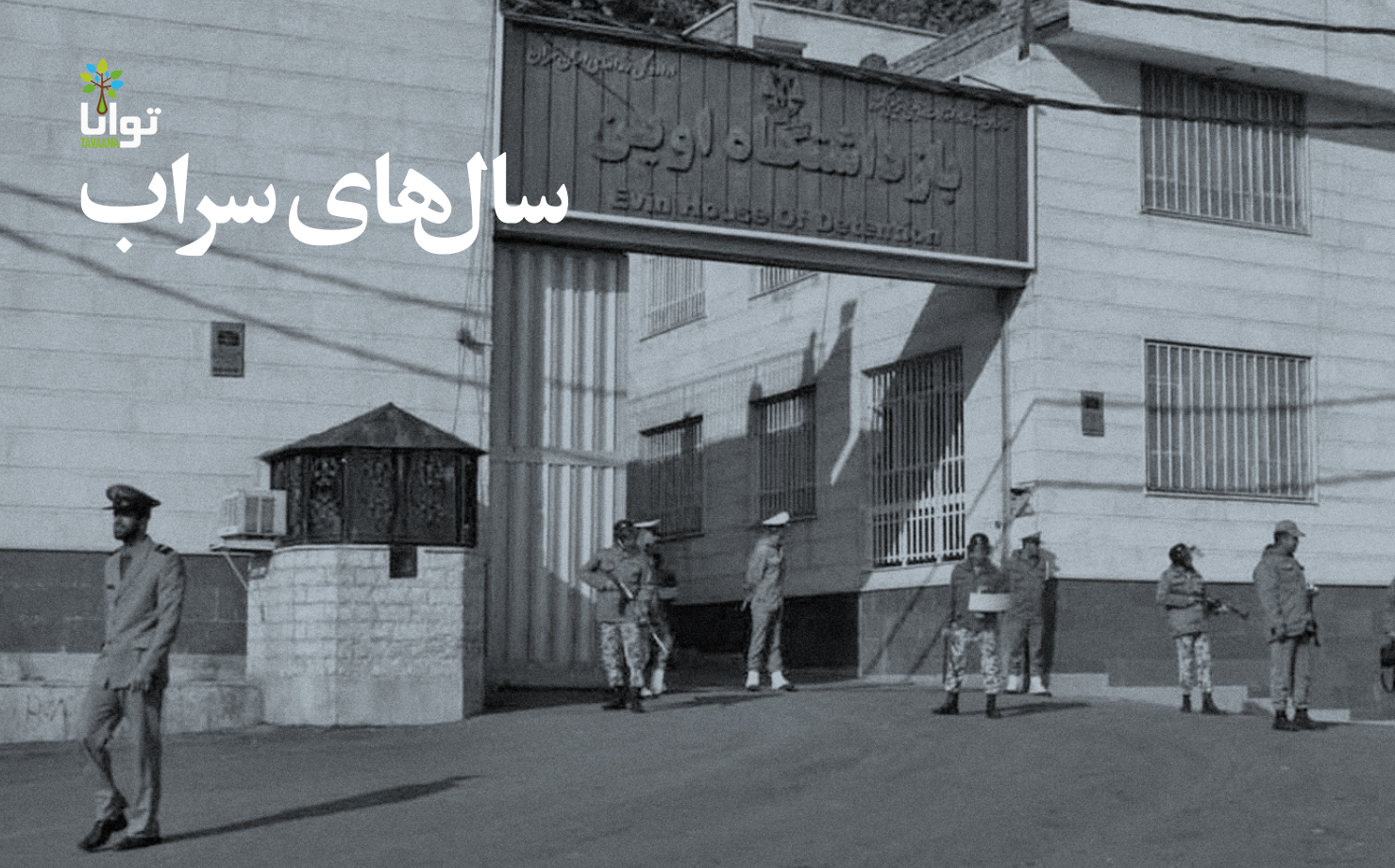The Spirit of the Laws was Montesquieu’s masterwork, a sweeping analysis of the relationship between political systems and their cultural, geographical, and historical contexts. Written in 1748, it stands as one of the subtlest and most influential works of the Enlightenment, and one of the most controversial—it was banned by the Catholic Church in 1751. It came to have a disproportionate influence on the founders of the United States of America.
Charles de Montesquieu (1689-1755) was born and brought up in Bordeaux and lived his life a subject of the Bourbon monarchy in France. His encounters with politics were largely regional and somewhat leisurely—he was president of the mainly powerless Bordeaux parlement from 1716 to 1728. He attended its meetings even less frequently than most of its indolent members. In 1728, he was elected to the Academie Francaise, and eventually sold his life interest in the presidency of the parlement in order to travel widely.
In this section, Montesquieu analyzes the various functions of government—legislative, executive, and judicial—as they were reflected in the laws of eighteenth-century England. He sees in such a structure separate sources of authority for each, and in this separation, an aid to the maintenance of individual liberty. This insight led the American founders to formalize what was casually recognized in the English system and to construct a tri-partite government on lines recommended by this French aristocrat, a government divided into a president, a Congress, and a Supreme Court.
Tavaana Publications Click here to read Tavaana’s exclusive translation of “The Spirit of the Laws” by Charles de Montesquieu.










